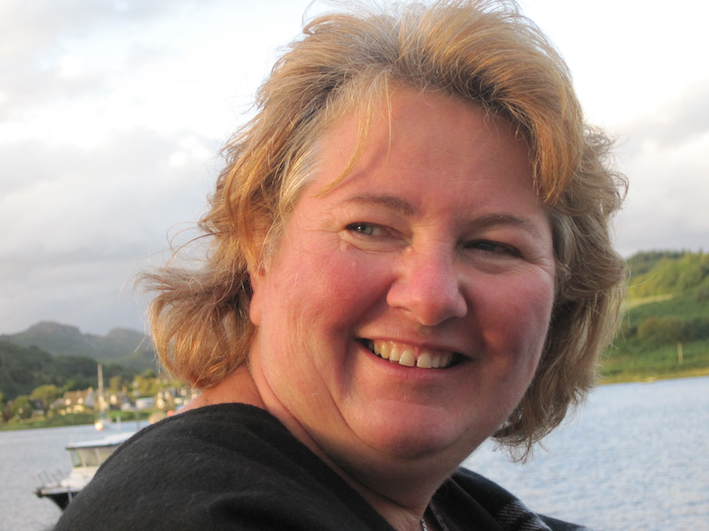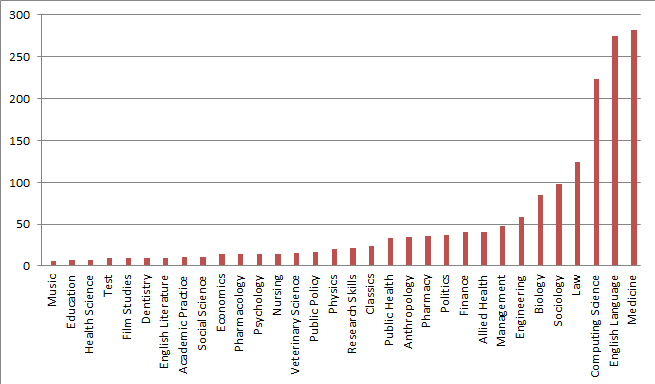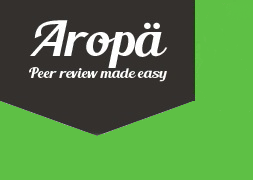 Knowledge Exchange
Knowledge Exchange
The Aropä Peer-Review System
I am co-creator and co-leader of the Aropä system (with Dr John Hamer, since 2009) promoting and supporting online peer review activities over multiple institutions and in all subject areas. We influence teaching practise by encouraging a culture of peer-review: we advise users on appropriate peer-review pedagogy and pitfalls, extend the system in response to user requests for feature enhancement, and gather information about successful strategies to share with new users. Users tell us that they choose Aropä over other systems because of its flexibility, usability and responsiveness.
There is also a scholarly dimension: we are in a unique position to observe trends and to comment on peer-review practices. I gave a presentation at the Association for Learning Technology Conference (2016) describing how teachers’ perspectives on peer review activities have changed over the years. The Journal of Assessment and Evaluation in Higher Education has published two articles which summarise our experiences and observations, and which present an overview of peer-review activities as they are practiced across the world.
As at 21/07/18, we have supported 156 academics in 33 intuitions in 9 countries, with over 1600 successful online peer-review assignments. 115 instructors have used the system more than once; 17 are new recruits for 2018. 46,921 students have used the system to write reviews.
Since research shows that the key learning benefit for students taking part in a peer-review activity is in the process of writing reviews, our main KPI is the number of students who have written at least one review of their peer’s work. For the academic year 2017/8, this is 3,038 for Glasgow University (11.4% of the student body), 2,553 for Queen's Universtity Canada (10.6%) and 3,910 for The University of Auckland (11.8%).

In 2016, the Aropä project was nominated as a finalist for the e-Learning Excellence Awards at the 15th European Conference on E-Learning, Prague.
More details can be found in the Aropä Summary document (May 2018).
IT Internships for the Third Sector (ITI3)

I initiated the ITI3 internship scheme with the Glasgow University Settlement charity, funding Computing Science students to work in local charities: eight local charities have benefitted from this scheme (2014-2018). The benefits to both charities and students are clear:
- “[the project] ensured a revolutionary change [and has saved] on average, 25 working days a year” (charity)
- “This project gave me insight into how important the job of a computer scientist is and how many of the problems charities experience can be easily fixed by only a few hard-working students” (student).
I secured funding for ITI3 from the Chancellor’s Fund (£5000), the University Settlement (£7800), and mentors and funding from J.P.Morgan (£3200). I gave a presentation (together with Dr Susan Deely, Social and Political Sciences) on the benefits of student engagement with the third sector at the Scottish QAA Enhancement Themes Conference (2016).
Other activities
I am University of Glasgow representative on the Board of Governors, Morrison’s Academy, convenor of the Education committee, and a member of the Finance committee - an important role in promoting the University to prospective students and teachers.

